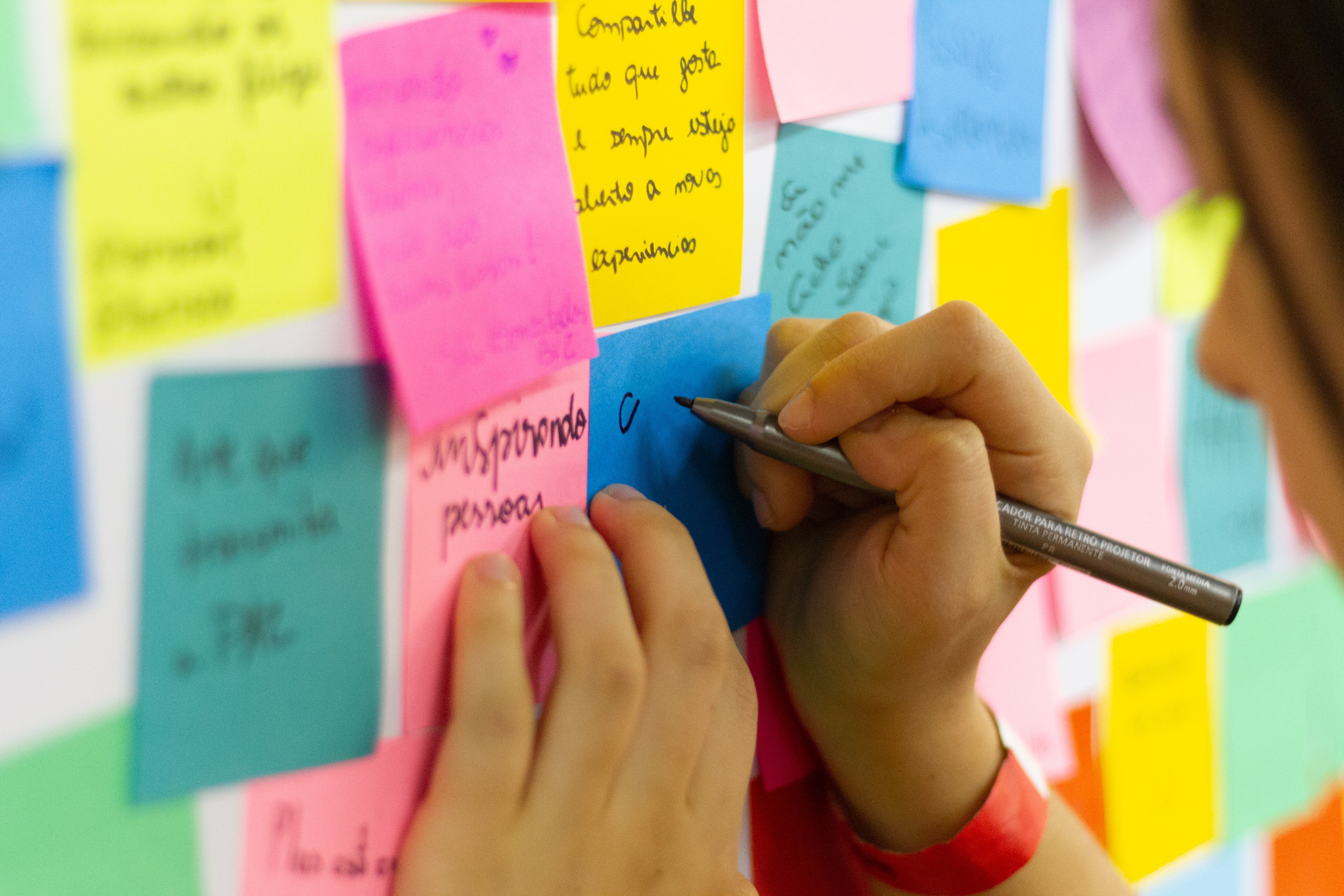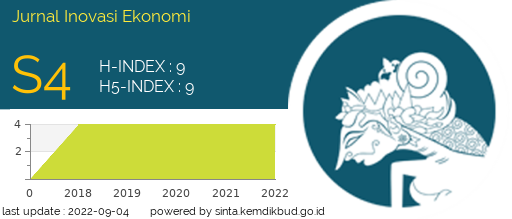Curriculum reform in Brazilian secondary education: Creating global citizens
DOI:
https://doi.org/10.22219/jiko.v8i01.24226Keywords:
Global Citizenship Education, UNESCO's initiative, Brazilian National Common Core CurriculumAbstract
Teaching people how to read, write, and count in a globalized and multicultural society is no longer sufficient. Skills like respecting one another, combating racism, prejudice, and intolerance, and learning to address local and global problems have become critical. UNESCO's Global Citizenship Education (GECD) initiative has faced criticisms for promoting secular values over religious ones and being too individualistic at times. Therefore, this article proposes improvements to GECD, including the introduction of new knowledge areas such as Negotiation, Social Justice, Brazilian and Global Culture, Values and Perceptions, Brazilian and Global Institutions, Conflict Resolution, Respect, and Tolerance. The objective is two-fold: to reform the GECD curriculum by presenting a new course on Global Education and Citizenship adapted to the Brazilian educational context and to reform the Brazilian National Common Core Curriculum (BNCC) for secondary education.
Downloads
Downloads
Published
Issue
Section
License
Copyright (c) 2023 Murillo de Oliveira Dias

This work is licensed under a Creative Commons Attribution-ShareAlike 4.0 International License.









